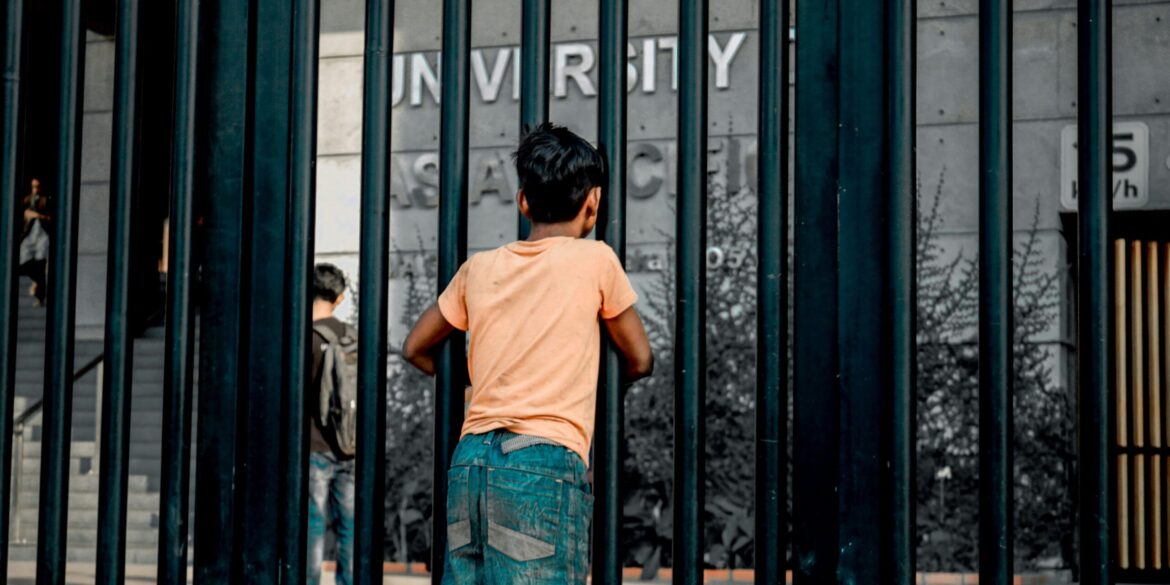The U.S. Supreme Court has ruled in favor of the Trump administration, allowing it to terminate humanitarian parole protections for more than 500,000 immigrants from El Salvador, Haiti, Nicaragua, and Sudan. This landmark decision effectively removes temporary legal status for these individuals, pushing the total number of immigrants newly vulnerable to deportation to nearly one million.
Humanitarian parole, a discretionary immigration measure, was granted to these immigrants as a temporary safeguard amid crises in their home countries. The policy allowed them to live and work legally in the United States while their countries faced natural disasters, political turmoil, or economic collapse. The Trump administration’s move to end this parole status signals a significant shift in U.S. immigration enforcement policy, emphasizing stricter immigration controls and reduced leniency.
The Supreme Court’s ruling came after a series of legal challenges from immigrant advocacy groups and several states that argued the termination of parole protections would have devastating humanitarian consequences. However, the Court’s majority sided with the administration’s authority to rescind the parole program, concluding that the government’s decision was within its legal rights.
“This ruling affirms the executive branch’s power to manage immigration policies and protections as it sees fit,” stated a Supreme Court spokesperson. “The decision reflects deference to the administration’s judgment on matters of immigration and national sovereignty.”
The immigrant populations affected by the ruling include large communities that have lived in the U.S. for several years under the temporary parole status. Many of these individuals have built lives, families, and careers in the country, contributing to local economies and communities. Now, with their legal protections ending, they face the prospect of deportation or forced return to countries still grappling with instability.
Advocates for immigrant rights have expressed deep concern about the ruling’s human impact. “This decision will create widespread fear and uncertainty among immigrant families,” said Maria Gutierrez, director of the Immigrant Justice Coalition. “Thousands of people who have sought safety and refuge will now be at risk of losing their homes, jobs, and access to healthcare. The ruling ignores the humanitarian realities on the ground.”
Legal experts have also warned that the ruling could set a precedent for further reductions in temporary protections for vulnerable immigrant groups, heightening the stakes for ongoing immigration debates in Washington. The total number of individuals now potentially exposed to deportation, combining this decision with prior policy changes, approaches one million—a figure that underscores the broad impact of recent immigration enforcement shifts.
The administration’s move aligns with its broader efforts to tighten U.S. immigration policies, reduce unauthorized migration, and prioritize enforcement. While supporters argue that strict immigration controls are necessary to uphold the rule of law and protect national interests, opponents counter that such policies disproportionately harm vulnerable populations and undermine America’s humanitarian commitments.
As the ruling takes effect, immigrant communities and advocacy organizations are mobilizing to offer support and legal assistance. Several states and cities have vowed to continue defending immigrants through local protections and resources despite the federal policy change.
The Supreme Court’s decision marks a pivotal moment in the evolving landscape of U.S. immigration law, reflecting the ongoing tensions between enforcement priorities and humanitarian concerns. The impact will be closely watched by policymakers, immigrant communities, and legal advocates in the months ahead.
For comprehensive coverage, see the Las Vegas Sun.
https://lasvegassun.com/news/2025/06/01/supreme-court-ends-humanitarian-parole/

